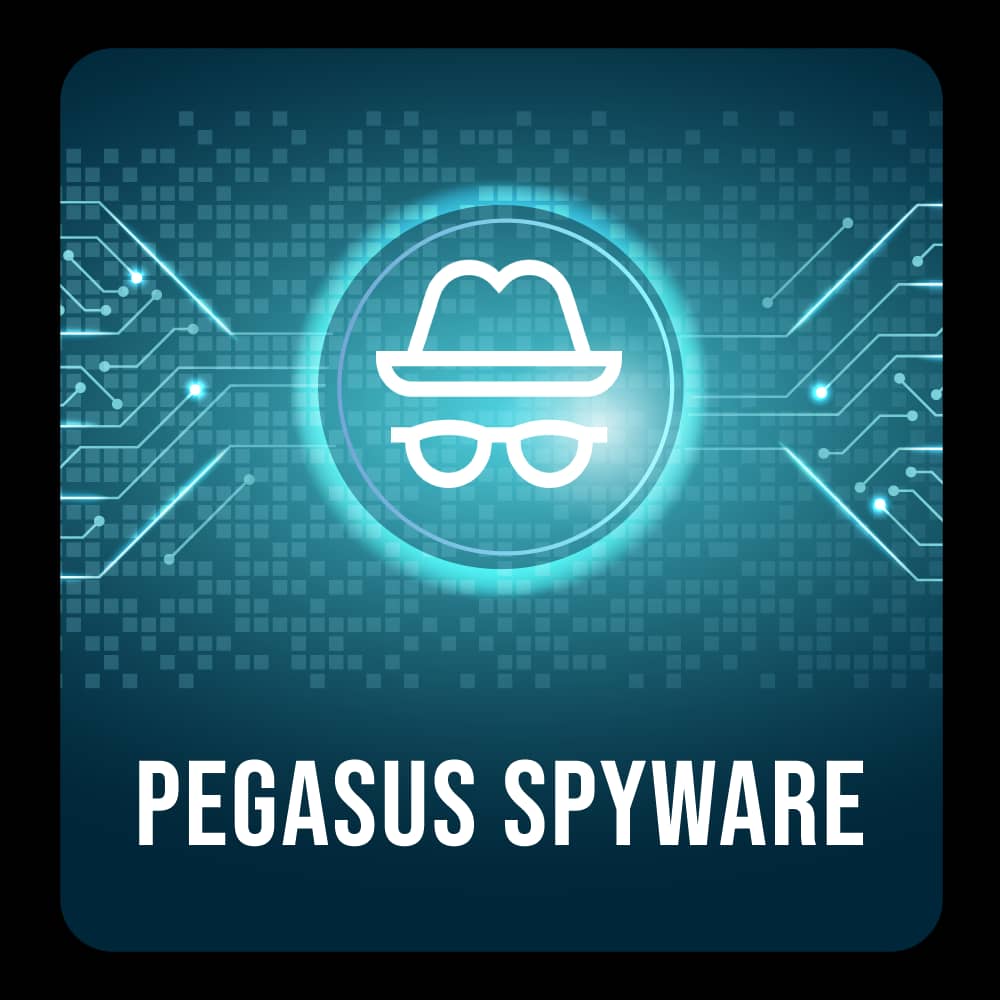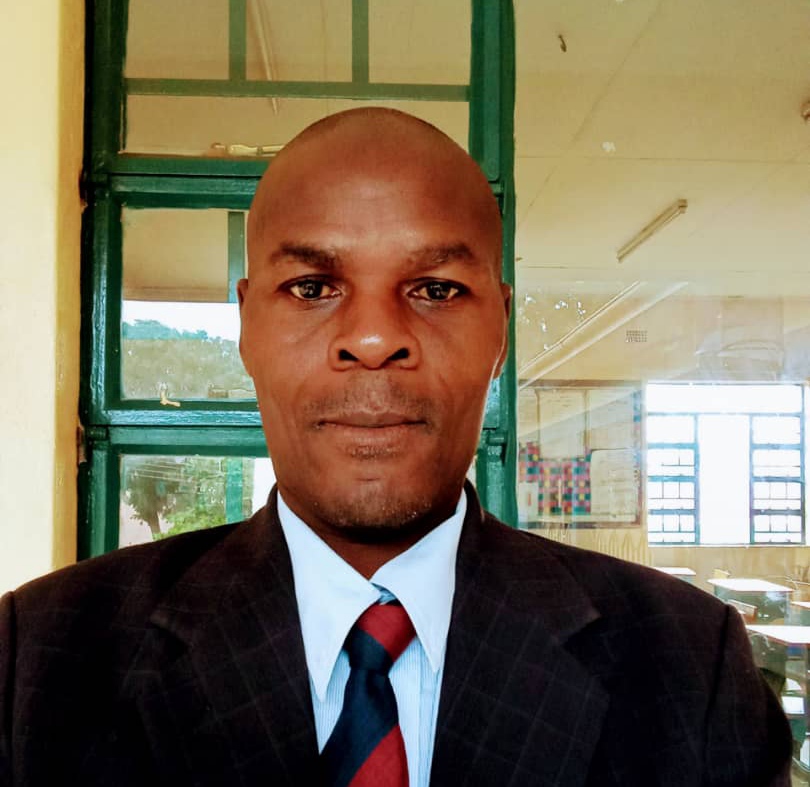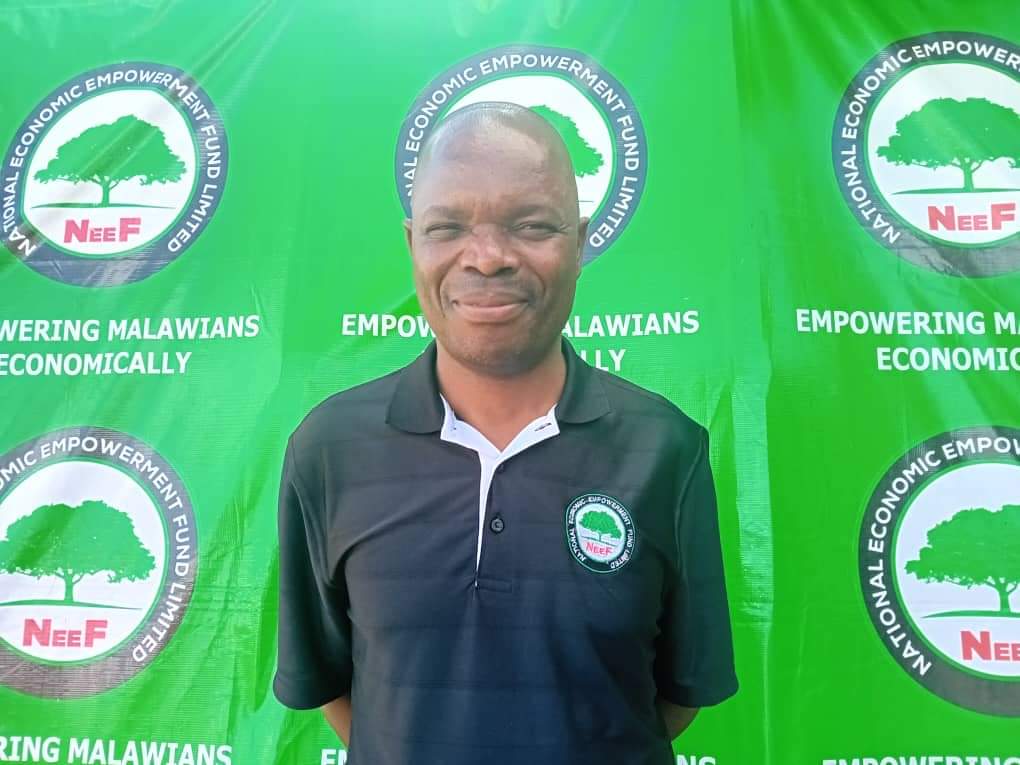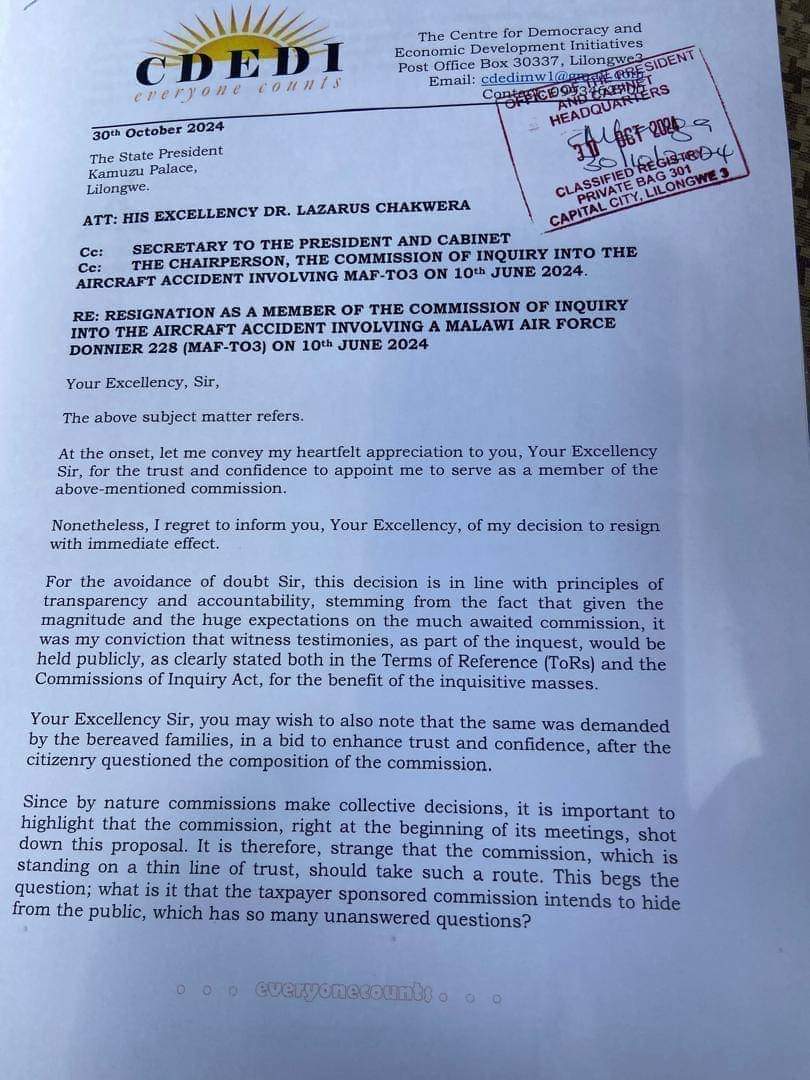By Burnett Munthali
On Saturday, October 19, 2024, Bakili Muluzi TV (BMTV) released an audio clip that quickly went viral on social media, sparking widespread discussions about the dangers of Pegasus spyware. In the clip, BMTV delves into the concerning reality of smartphone hacking and digital surveillance, highlighting how people’s valuable information can be compromised without their knowledge.
According to the BMTV audio, Pegasus, a sophisticated spyware developed by Israel in 2011, was initially designed for security purposes in tracking criminal suspects. However, the spyware’s capabilities have expanded far beyond its original intent, with many governments around the world allegedly using Pegasus to monitor their citizens, especially opposition groups, journalists, and political activists.
Pegasus can access private information on smartphones, such as phone calls, WhatsApp messages, emails, Facebook contacts, and even passwords and photographs, all without the user’s awareness. In the audio, BMTV explains how this technology allows certain governments to spy on individuals, including those who may not be directly involved in criminal activities.
BMTV lists several countries that are allegedly using Pegasus to spy on their citizens, particularly opposition leaders and critics. These countries include:
BMTV claims that Rwanda is one of the key countries using Pegasus to track critics of the government. The Rwandan government is reportedly using this technology to monitor citizens both domestically and abroad, with surveillance that extends beyond the nation’s borders.
According to BMTV, Ghana has been using Pegasus to spy on opposition leaders since 2015. The Ghanaian government allegedly purchased the spyware for a staggering $8 million, and since then, it has been used to keep tabs on political opponents and activists.
BMTV further alleges that Rwanda has gone as far as spying on other African countries without their knowledge, using Pegasus to gather sensitive information and exert control.
The audio clip took a particularly shocking turn when BMTV pointed fingers at Malawi’s top government officials. According to the allegations, these officials have received 2.5 billion US dollars in exchange for secret communications with Rwandan authorities. BMTV warns that by sharing state security information with Rwanda, these officials have unwittingly handed over access to confidential conversations between Malawi’s President, cabinet ministers, the Inspector General of Police, and the Army Commander. Through Pegasus, Rwanda’s government is now allegedly aware of critical state secrets about Malawi.
The BMTV clip suggests that Rwanda’s President, Paul Kagame, is using Pegasus to spy on Malawi’s top leadership, raising concerns about national security and sovereignty.
BMTV’s audio clip also touches on the impact of Pegasus spyware on freedom of speech, particularly in Rwanda. The clip suggests that citizens in Rwanda live in fear of expressing dissenting views online or on social media due to the pervasive surveillance. The government can allegedly track anyone who speaks out against the regime using Pegasus, leading to a climate of fear and repression.
In a particularly troubling claim, BMTV recalls an incident where Rwanda sent spies to the United Kingdom to track and potentially assassinate asylum seekers critical of the Rwandan government.
The BMTV clip serves as a wake-up call for Malawians, urging them to be cautious about their digital communications, especially when traveling to countries known for using Pegasus. The revelation has sparked a broader discussion about privacy, cybersecurity, and the role of governments in protecting or infringing upon citizens’ rights.
As this issue continues to unfold, many are calling for a thorough investigation into the use of Pegasus spyware in Malawi and Africa as a whole, as well as greater safeguards to protect individuals from unwarranted surveillance.




